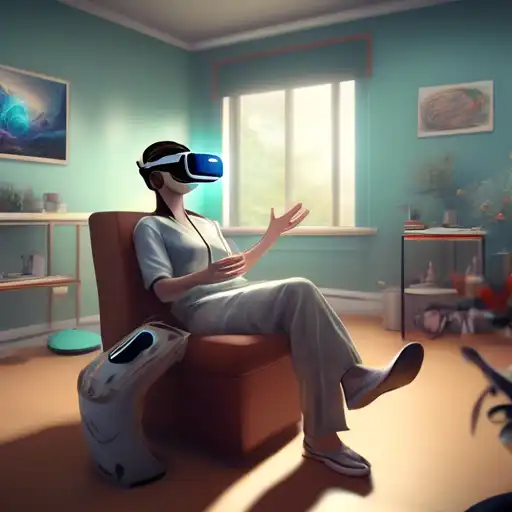The Transformative Power of Virtual Reality in Therapeutic Practices
Virtual Reality (VR) technology has transcended its initial entertainment-centric applications, paving the way for groundbreaking uses in therapy. This immersive technology is now being harnessed to treat a variety of psychological and physical conditions, offering patients and therapists a new dimension of therapeutic possibilities.
Understanding VR Therapy
VR therapy involves the use of virtual reality simulations to create controlled environments where patients can confront and work through their issues under the guidance of a therapist. This method has shown remarkable efficacy in treating conditions such as PTSD, anxiety disorders, and phobias.
Applications of VR in Therapy
The applications of VR in therapy are vast and varied. Below are some of the most notable uses:
- Exposure Therapy: VR allows patients to face their fears in a safe, controlled setting, making it an ideal tool for exposure therapy.
- Pain Management: By immersing patients in calming virtual environments, VR can significantly reduce perceived pain levels during medical procedures.
- Social Skills Training: Individuals with autism or social anxiety can benefit from VR simulations that teach and reinforce social interactions.
- Physical Rehabilitation: VR games and exercises can motivate patients during physical therapy, improving engagement and outcomes.
The Benefits of VR Therapy
VR therapy offers several advantages over traditional therapeutic methods. It provides a safe space for patients to explore and confront their issues without real-world consequences. Additionally, the immersive nature of VR can enhance the therapeutic experience, leading to more effective and lasting results.
Challenges and Considerations
Despite its potential, VR therapy is not without challenges. The cost of VR equipment and the need for specialized training for therapists can be barriers to widespread adoption. Furthermore, the effectiveness of VR therapy can vary depending on the individual and the condition being treated.
The Future of VR in Therapy
As VR technology continues to evolve, its applications in therapy are expected to expand. Researchers are exploring the use of VR for treating a wider range of conditions, including depression and addiction. With ongoing advancements, VR therapy could become a staple in mental health and rehabilitation treatments.
For those interested in exploring more about how technology is transforming healthcare, check out our article on The Impact of AI on Modern Medicine.
In conclusion, VR is revolutionizing the field of therapy, offering innovative solutions to age-old problems. Its ability to create immersive, controlled environments makes it a powerful tool for treating a variety of conditions. As technology advances, the potential for VR in therapy is limitless, promising a future where healing is more accessible, effective, and engaging than ever before.
